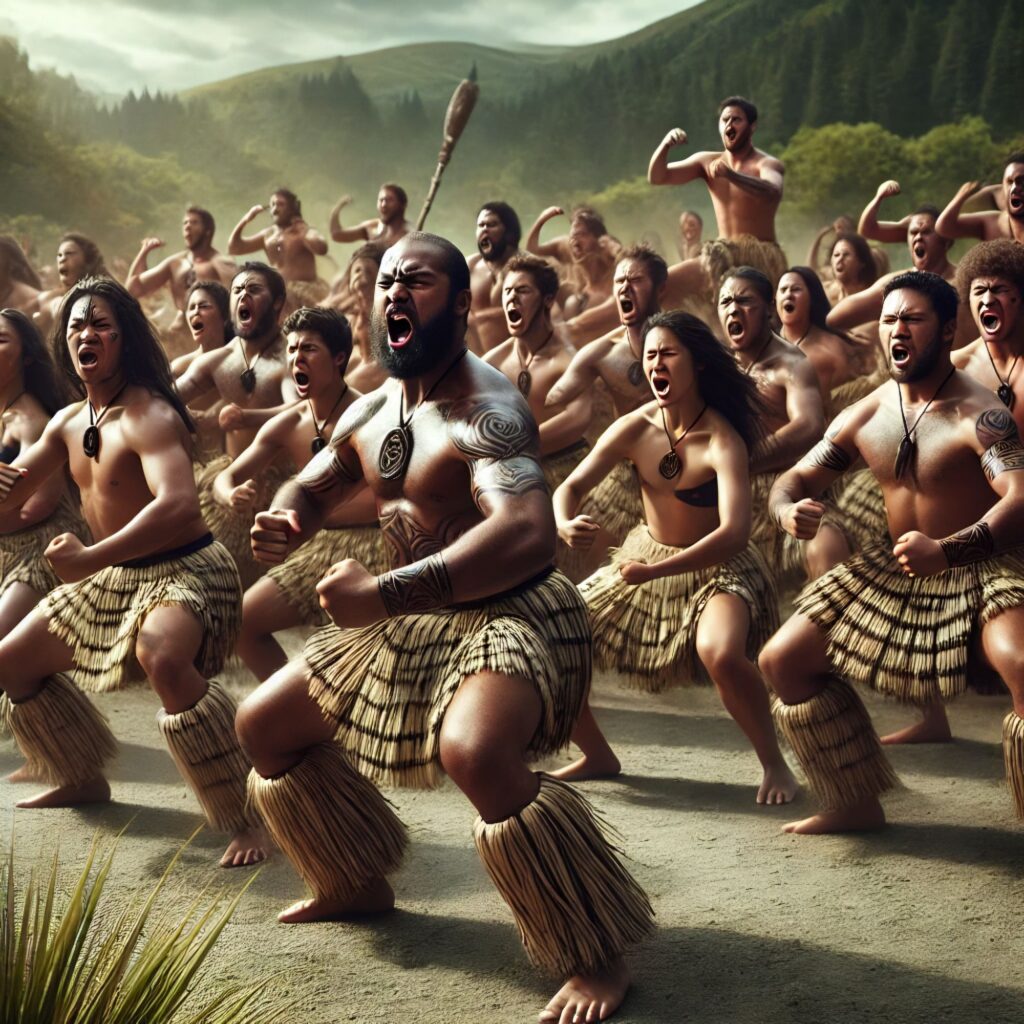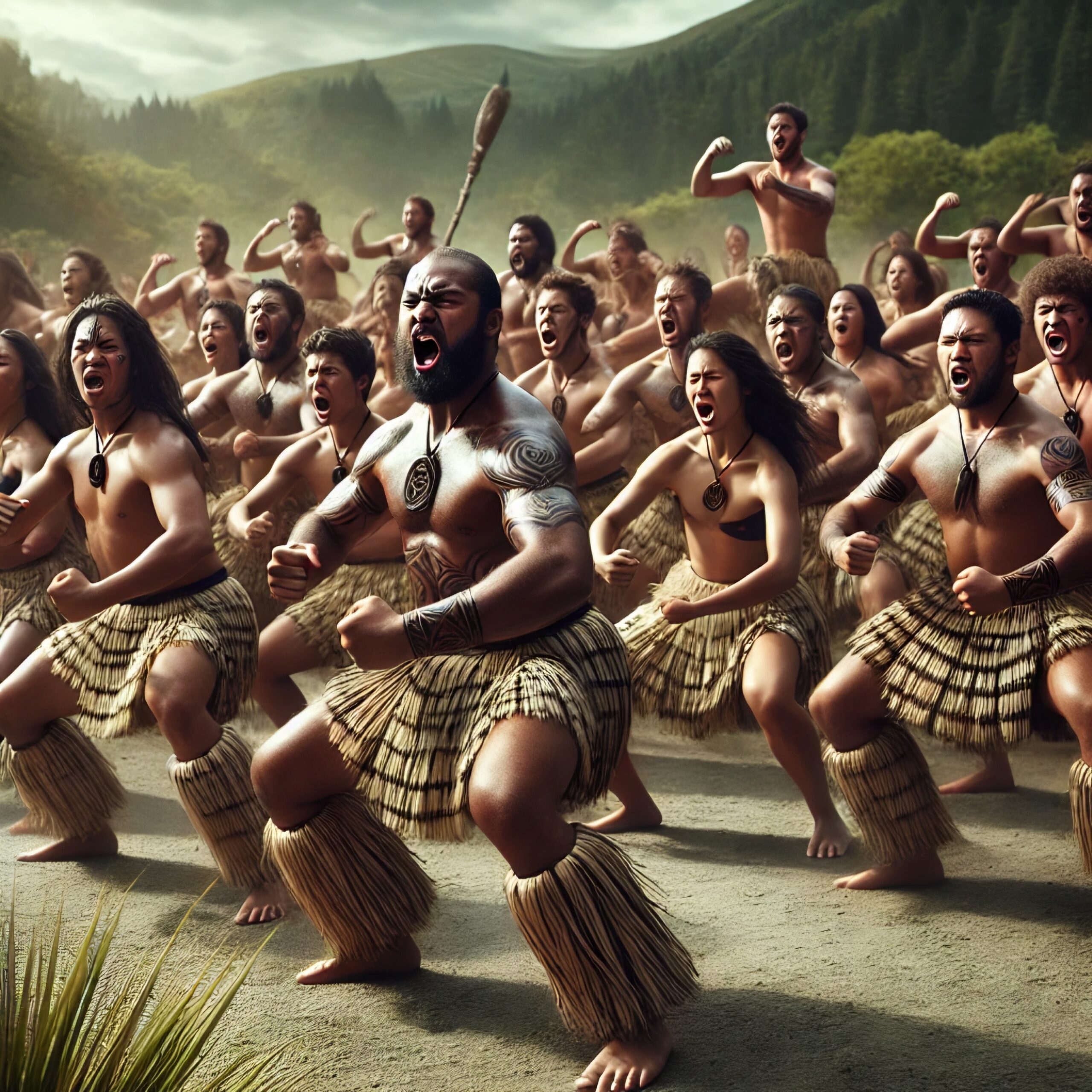Haka, the traditional war dance of the Maori people from New Zealand, is a powerful and expressive practice combining dynamic movements, rhythmic stomping, and thunderous chants. While historically performed to prepare warriors for battle, Haka is now widely used as a symbol of unity, strength, and cultural pride. Beyond its cultural significance, this dance offers remarkable physical and mental health benefits.

Physical Health Benefits of Haka
Improved Cardiovascular Endurance
The vigorous, high-energy movements in Haka serve as an excellent cardio workout, boosting heart health and improving stamina. It requires sustained physical effort, making it a great way to enhance overall endurance.
Full-Body Muscle Engagement
Haka involves dynamic movements such as stomping, chest beating, and hand gestures, which engage the entire body. This helps tone muscles, improve flexibility, and increase physical strength.
Mental Health Benefits of Haka
Increased Mental Resilience and Focus
Performing Haka demands intense focus and determination. It helps build mental strength by channeling energy into purposeful movements and expressions, fostering a sense of courage and confidence.
Stress Relief and Emotional Release
Haka’s expressive nature allows participants to release built-up tension and emotions. The rhythmic stomping and chanting create a cathartic effect, reducing stress and promoting emotional balance.
Fosters Unity and Team Spirit
Traditionally performed in groups, Haka strengthens social bonds and a sense of belonging. The synchronized movements and collective chanting build a powerful sense of connection and unity.
Haka is more than just a dance—it’s a holistic experience that unites physical strength, mental resilience, and cultural pride. For more ideas on unique physical activities, visit our Physical Activity and Health Journal pages for health insights and inspiration.
You May Also Be Interested In…
Health Benefits of the South African Gumboot Dance
Capoeira: The Dance Martial Art with Powerful Health Benefits
